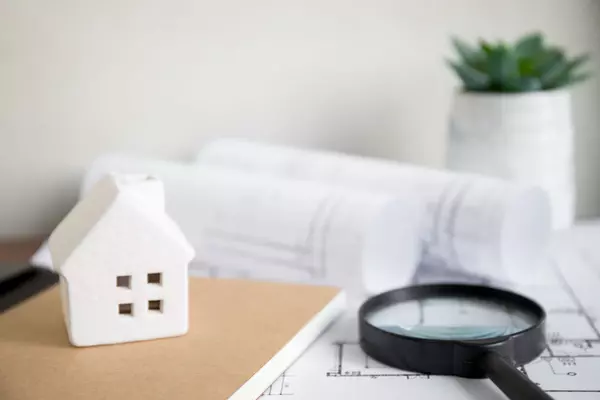The Hidden Costs of Buying a Home (and How to Budget for Them)
Here we will shine a light on the real financial picture beyond the listing price, including:
- Down payment and closing costs explained
- Recurring costs (taxes, insurance, HOA dues, maintenance)
- One-time vs. ongoing costs
- Budgeting tips for first-time buyers
Understanding costs upfront prevents surprises and keeps your purchase stress-free.
When most people start house hunting, they focus on the listing price - the number on the for-sale sign. But the truth is, buying a home comes with a whole set of hidden costs that can catch you off guard if you’re not prepared.
Understanding the full financial picture is key to avoiding surprises and keeping the process stress-free. Let’s break down the costs every buyer should plan for.
NOTE: Don’t let this overwhelm you! When you get your pre-approval from a lender, they will go over these costs with you in more detail and help you understand your specific situation. A qualified real estate agent will also help you navigate all of the dates, deadlines and negotiating that goes along with purchasing a home.
Down Payment and Closing Costs Explained
The down payment is often the biggest upfront expense. Depending on your loan type, it can range anywhere from 3% to 20% (or more) of the purchase price.
But that’s not all. Closing costs - which typically run 2% to 5% of the home’s price - cover things like:
- Lender fees
- Title insurance
- Appraisals
- Escrow services
- Recording fees
Together, the down payment and closing costs make up the bulk of what you’ll need before getting the keys.
Recurring Costs to Plan For
Once you own the home, new monthly (and yearly) expenses begin. These include:
- Property Taxes: Vary by location but can add significantly to your monthly payment.
- Homeowners Insurance: Protects your home against damage or loss.
- HOA Dues: If you buy in a neighborhood or condo with shared amenities, monthly fees may apply.
- Maintenance & Repairs: Experts suggest budgeting 1% of your home’s value annually for upkeep.
These recurring costs are just as important to budget for as your mortgage payment.
One-Time vs. Ongoing Costs
Not all expenses happen monthly. Some are one-time costs, such as:
- Home inspection
- Moving expenses
- Furniture and appliances
Others are ongoing, like utilities, lawn care, or pest control. Recognizing the difference helps you set aside the right funds at the right time.
Budgeting Tips for First-Time Buyers
If you’re buying your first home, the best approach is to plan conservatively. A few tips:
- Get pre-approved as your lender can help you understand your budget, plan for closing costs, and address any questions or concerns.
- Save extra for an emergency fund — homeowners often face unexpected repairs.
- Track your spending now to see how much you can comfortably handle monthly.
Budgeting isn’t about limiting yourself — it’s about buying with confidence and peace of mind.
The Bottom Line
The price tag on a house is just the beginning. Understanding costs upfront prevents surprises and keeps your purchase stress-free.
If you’d like, we can provide a sample cost breakdown to show you what the rough numbers might look like for your price range.
Categories
Recent Posts






Broker Associates | License ID: FA100107670
+1(720) 608-0722 | info@rubatoliving.homes
